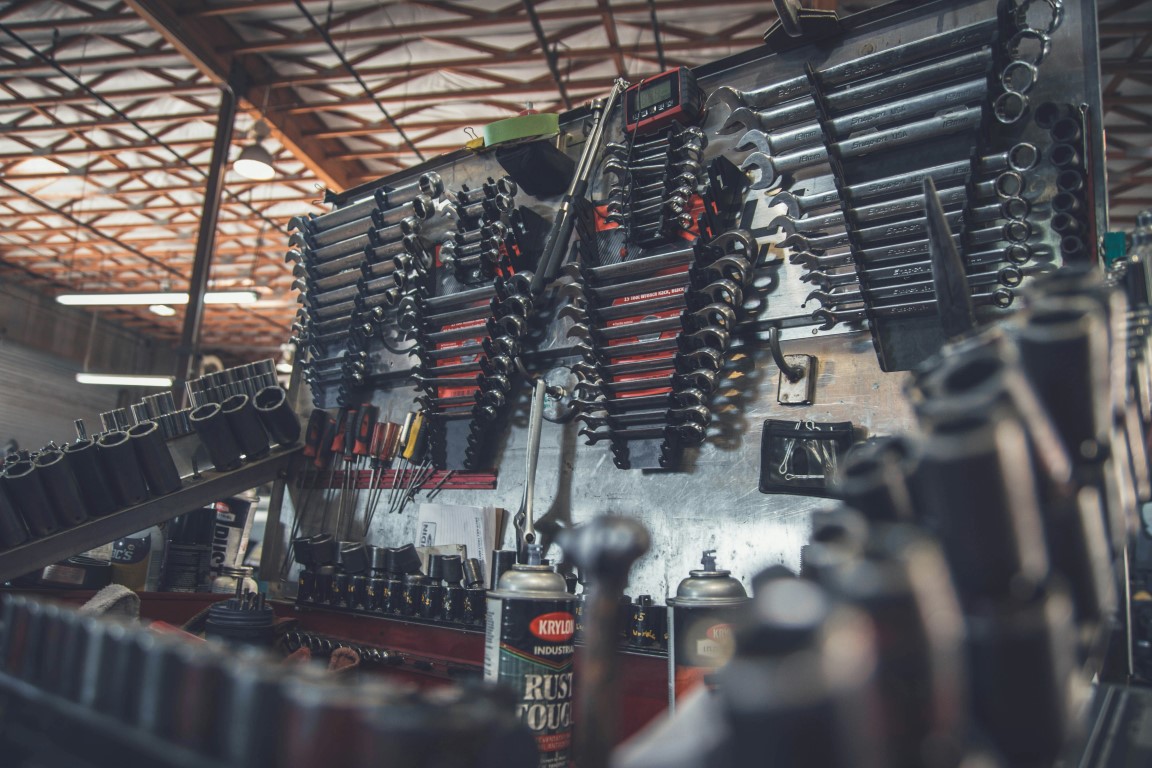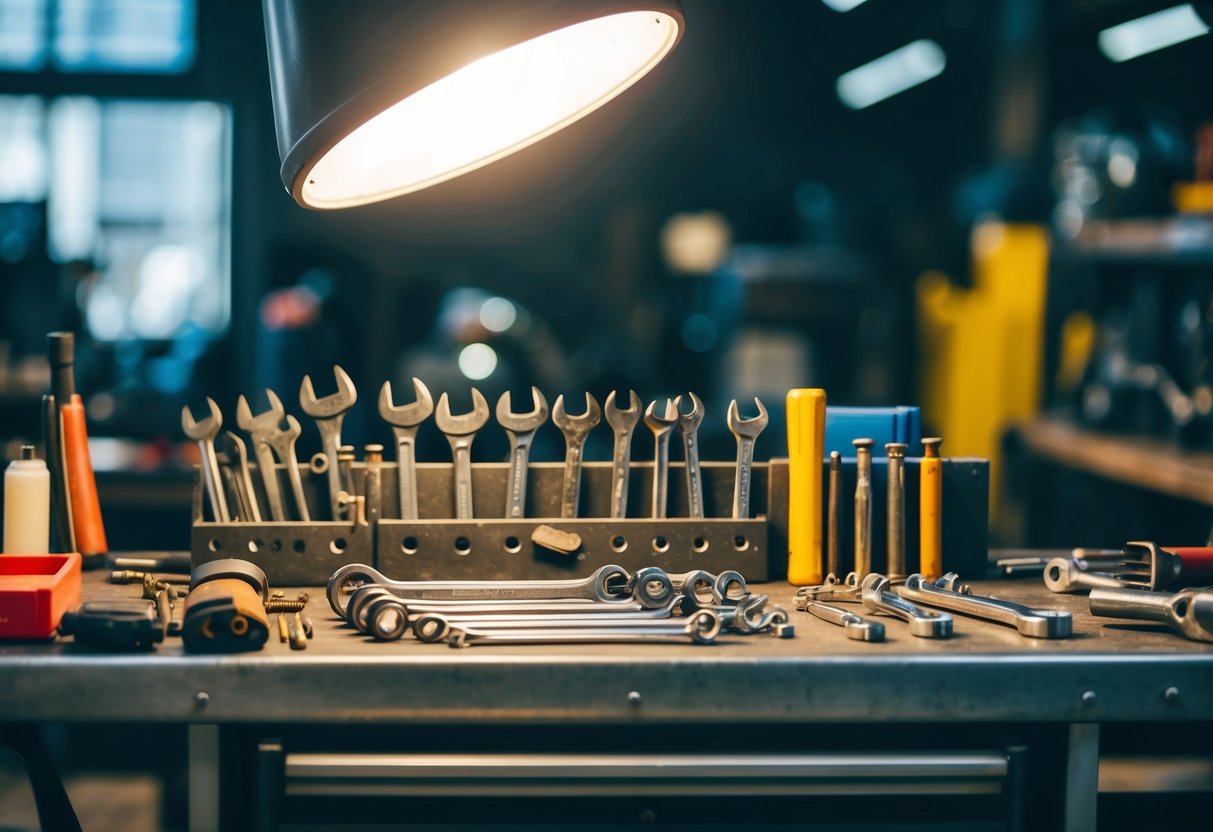
The Versatility of Pliers
Pliers offer remarkable versatility for gripping, bending, and cutting tasks. A standard set should encompass needle-nose, slip-joint, and locking pliers. Needle-nose pliers are excellent for reaching into tight spaces and making precise adjustments. Slip-joint pliers are adjustable and can be used for various gripping tasks.
Locking pliers, also known as Vise-Grips, provide a strong hold on objects and can function as temporary clamps. Wire cutters, a subset of pliers, are crucial for electrical work within automotive repairs. Their ability to strip, cut, and bend wires makes them invaluable when working with a vehicle’s electrical system.
Having these essential hand tools ensures that a DIY mechanic is well-equipped to perform a wide range of tasks effectively and efficiently.
Advanced Wrenching

Advanced wrenching involves understanding torque specifications and knowing when to use breaker bars. It also requires familiarity with a range of wrenches, such as torque wrenches, combination wrenches, and flare nut wrenches.
Understanding Torque Specs
Torque specifications are vital for ensuring bolts are tightened correctly. Over-tightening or under-tightening can lead to mechanical failure. Mechanics use torque wrenches to apply a precise amount of force. Knowing the correct torque spec for a given fastener is essential. Manufacturers often provide these specs in manuals or on the vehicle itself.
A torque wrench clicks or displays a reading when the correct torque is achieved. This prevents over-tightening. It’s important to follow the step-by-step torque sequence, especially on critical components such as cylinder heads, to avoid warping or uneven pressure.
Using the correct torque spec ensures safety and longevity of mechanical components. It is especially useful for parts that experience high stress, such as engine components and wheels. Adhering to torque specs also prevents stripped threads, broken bolts, and other potential damage.
When to Use Breaker Bars
Breaker bars are used for loosening tight or rusted bolts that standard wrenches or socket wrenches can’t budge. They provide extra leverage, making it easier to break free stubborn fasteners. Unlike torque wrenches, breaker bars do not measure torque and should not be used for tightening bolts.
A breaker bar can be several feet long, providing significant additional leverage. This tool is especially useful when working on older vehicles where rust and corrosion might make bolts harder to remove. Using a breaker bar correctly can prevent injury and save time.
Mechanics often pair breaker bars with combination wrenches or flare nut wrenches for different types of fasteners. While a ratcheting wrench set is useful for repetitive tasks, it won’t replace the raw power of a breaker bar.
Socket Solutions
Choosing the right socket tools is essential for any DIY mechanic. The focus should be on understanding the differences between standard and metric sockets, and the importance of impact sockets for specific applications.
Standard vs Metric Sockets
Standard sockets are measured in inches, while metric sockets are measured in millimeters. It is crucial to have both types in a socket set to cover the full range of fasteners found in vehicles. For example, U.S.-made cars often use standard measurements, whereas foreign-made cars frequently use metric.
Having the correct socket size prevents rounding off the fastener edges, ensuring a secure fit. This accuracy is vital when working with intricate parts of an engine or suspension system. Ratchets and adapters are valuable when dealing with various socket sizes, providing the needed flexibility and compatibility.
A high-quality socket set should include a variety of both standard and metric sockets, along with socket extensions to reach tight spaces. Flex sockets, which allow for an articulated movement, help access hard-to-reach bolts. Whether working on American or imported vehicles, both standard and metric sockets are indispensable.